Consumer preferences for fish and seafood have changed over the years, says Armando Villalva, president of the Cooperative Society for Reform Laws, in Baja California Sur. Faced with this, coastal fishermen seek to innovate the sale of their products through the creation of a brand and different places and forms of distribution.
“The presentations (of the goods) have been changing and consumption has been affected by economic changes. So we had to start looking for alternatives (in the market) so that our economy remains sustainable,” Villalva says.
The cooperative was founded in 1974 and, despite 50 years in operation, it is the youngest in this region of the North Pacific. It is currently made up of 120 fishing partners dedicated to catching species such as abalone, lobster, snails and scale in Asunción Bay, in the north of the state.
“We are very good scale producers. However, scale income is not enough to maintain the expenses we have. Therefore, we have given added value (through distribution) to products to have a little more income and that is where we have learned to sell because (traditional) prices are no longer enough,” Villalva explains.
Despite exporting to the United States and other Asian countries, the need to diversify the market has led them to seek ways to innovate the distribution of their products in retail stores or online markets.
His most recent initiative has been the distribution of freezers with fish products, mainly steak, in local stores and the Supermas Mercado chain in Ensenada, Baja California. According to Villalva, this is a project focused on allowing people to find a fresh and sustainable product in a practical way.
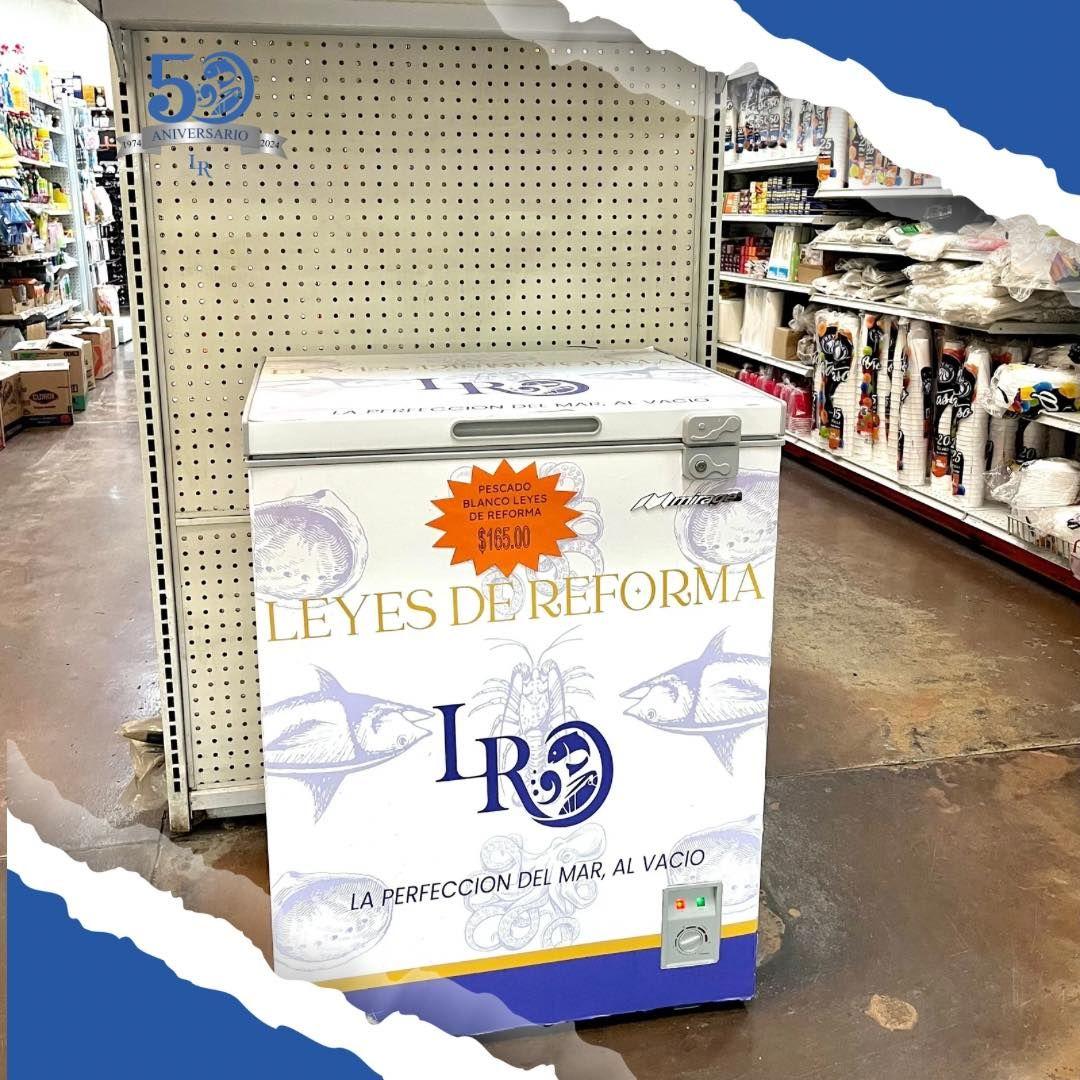
Regarding online sales, the Reform Laws Cooperative has focused on distributing its canned products in Mercado Libre. However, the lack of conditions that allow the transport of fresh and frozen foods has limited the ability of fishermen to ship this type of product.
“It's difficult (to sell on) Mercado Libre, but it's the only way we saw to reach a platform so positioned for people. It's difficult because they charge you a lot of commissions,” Villalva says.
During the interview, the president of the cooperative explains that entering new markets, such as retail chains or online stores, is a process in which they prefer to “go slowly because I am not sure that people will accept the project”, referring to the difficulties that coastal fishermen experience in positioning a brand in this type of point of sale.
“We know that we have to gradually pick up stones, a little bit of advertising and a little bit of showing ourselves more at some events for this to start working,” explains the president, adding that they are still looking for a large customer for the marketing of steak, who is given a sustainable treatment certified by the SmartFish organization.
For dozens of fishing cooperatives in Mexico, training in sustainable practices has allowed them access to different national and international markets. However, there are still challenges in which intermediaries and consumers are willing to pay for this.
“We have tried to be very responsible with fishing and we understand that we need to get less and less product and sell them at a better price to meet the needs we have, but at the same time not plunder the sea”, concludes Villalva.
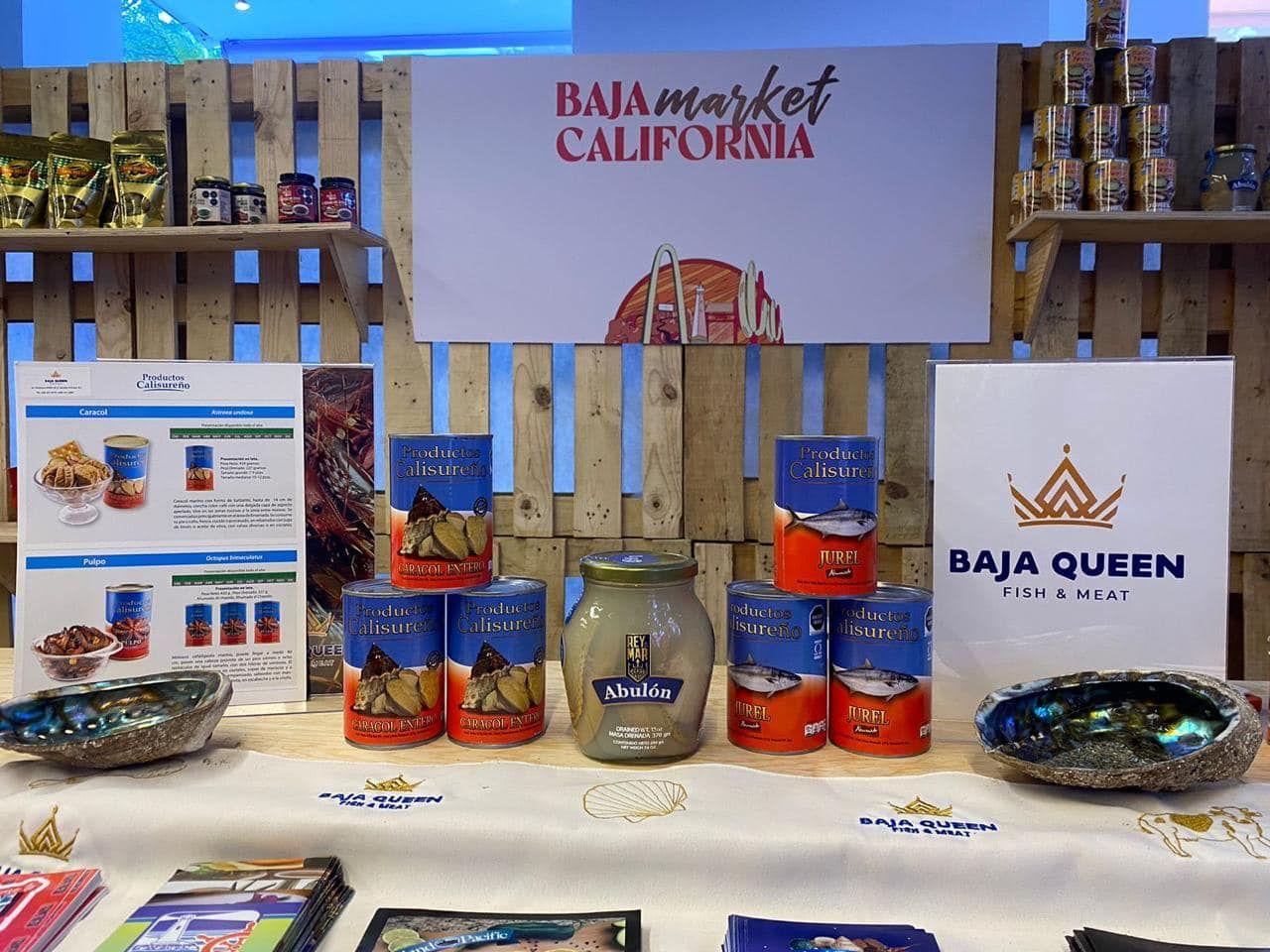
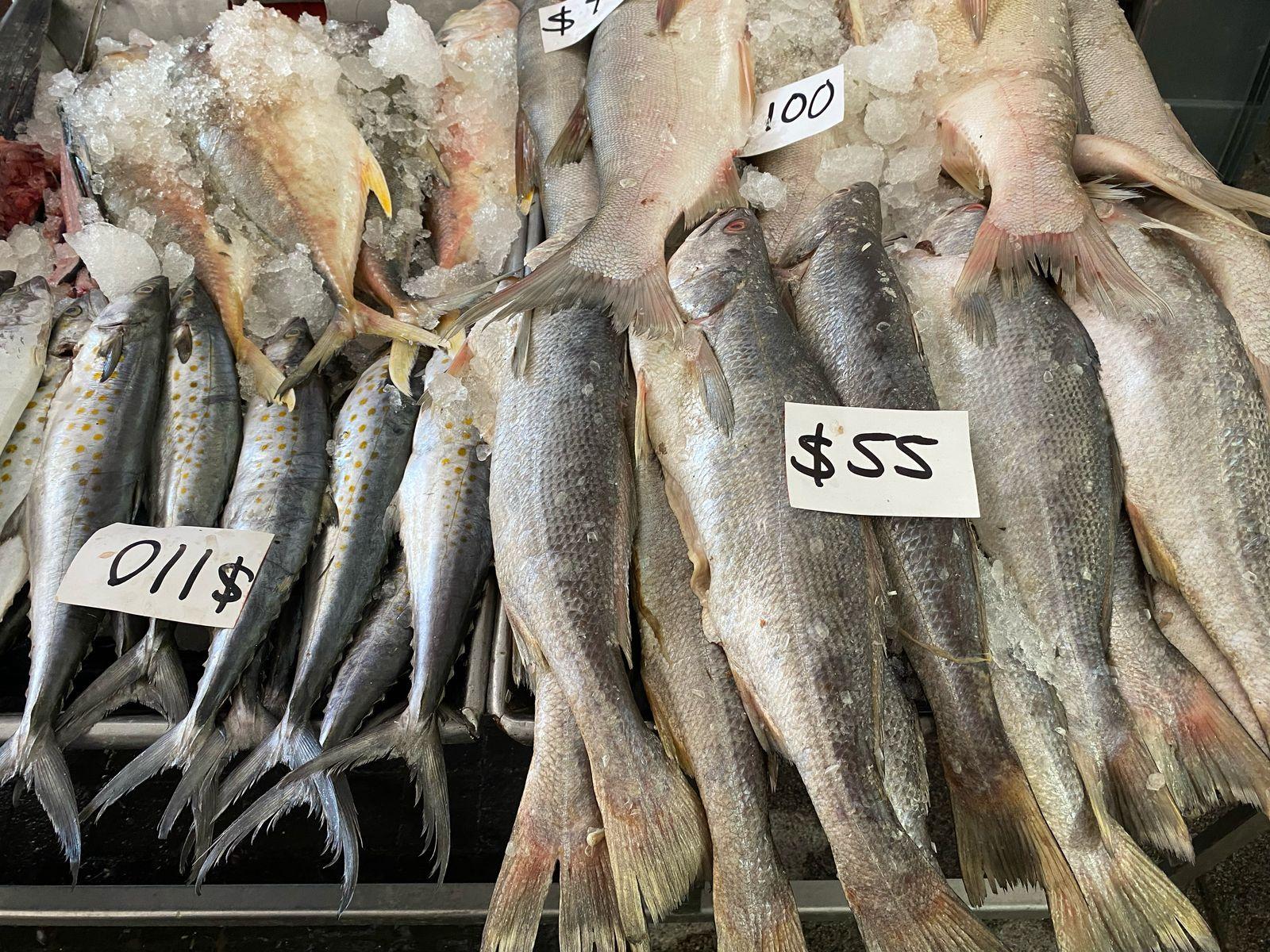
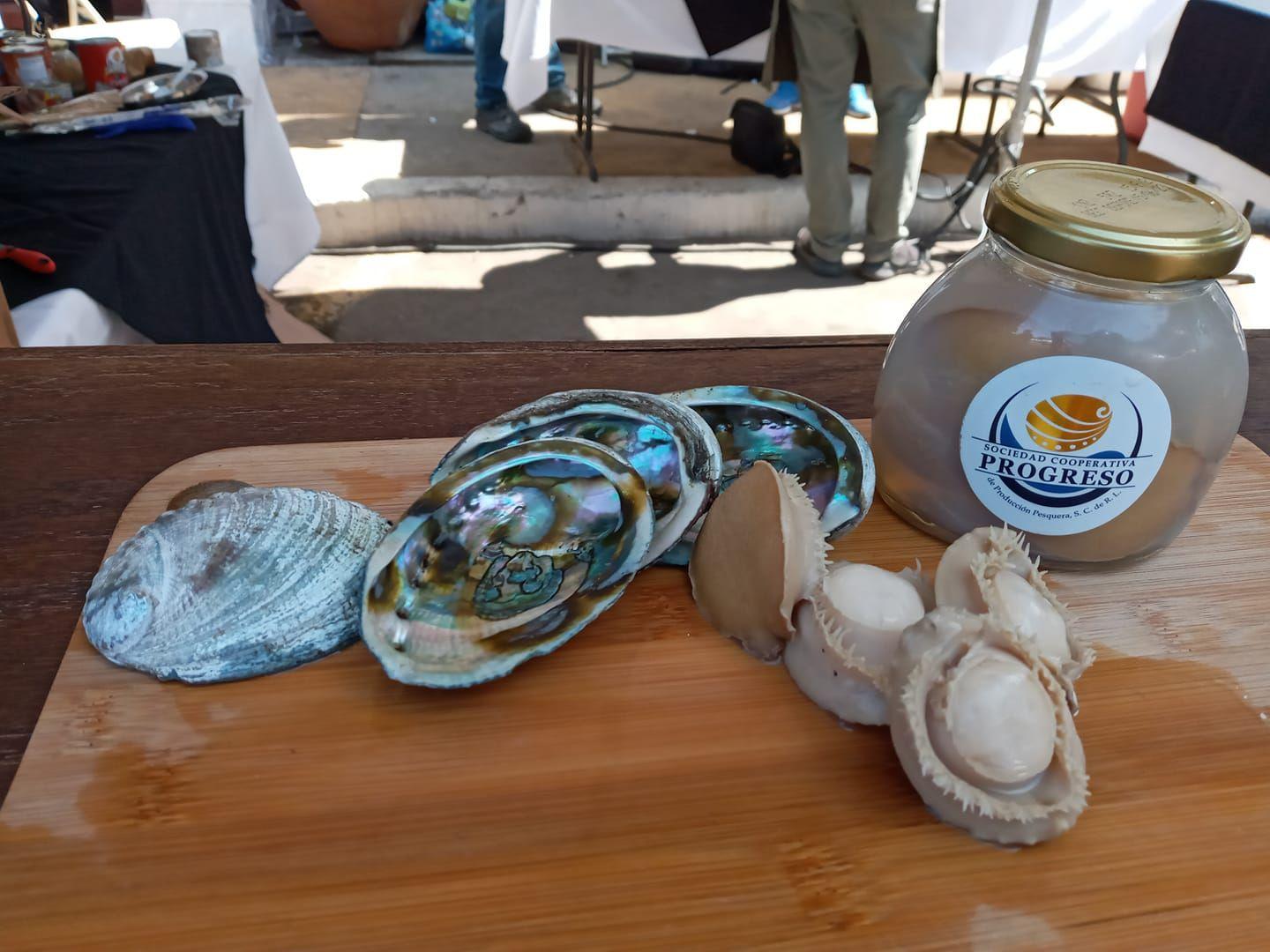
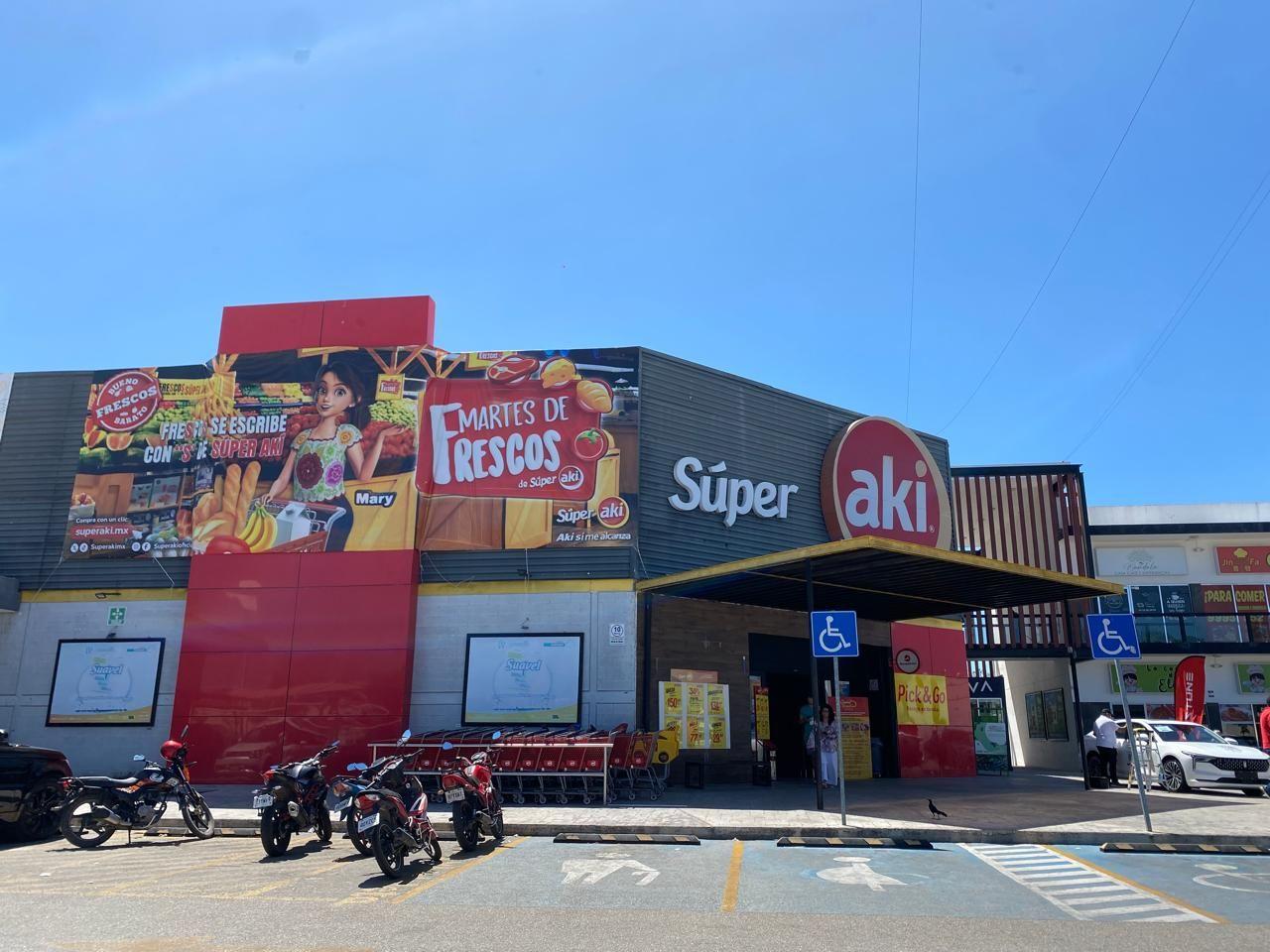


Comentarios (0)